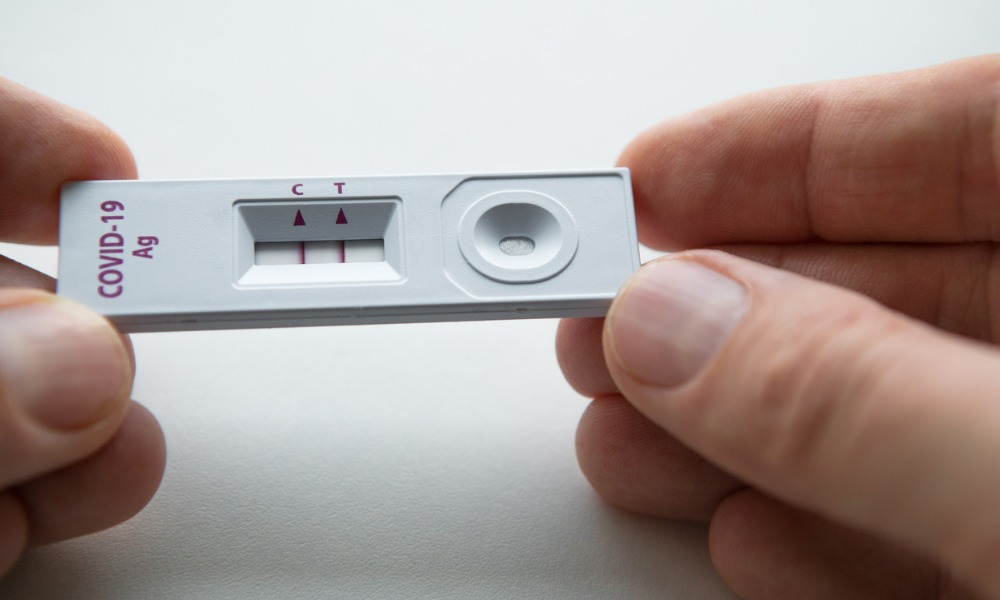Scientists study genetic “super-dodgers” of COVID-19 to develop better nasal spray vaccines
Early in the pandemic, Hugh Potter, 68, avoided COVID-19 despite his wife coughing violently from the virus.
Experts now explore genetic factors in such rare cases, according to CBC News.
“Bloody lucky,” said Potter, “Where I work, I think almost everyone has had it.”
Experts studying the genes of these rare individuals have gained new insights. Scientists writing in the journal Nature described high activity of a specific gene in people who didn’t get infected.
In a related study, Potter provided DNA to McGill University Health Centre researchers looking for those with genetic protection against the virus.
Researchers hope to use this knowledge to develop nasal spray vaccines for COVID-19, similar to FluMist for influenza. Despite the pandemic emergency being over, COVID-19 still kills about 20 people a week in Canada.
The World Health Organization reported over 2,600 new fatalities in April, bringing total confirmed cases to over 775 million, with more than seven million deaths globally.
To understand what makes people super-dodgers, UK COVID-19 Human Challenge study investigators administered a low dose of SARS-CoV-2 to 36 healthy volunteers in March 2021 and monitored their immune responses. None were previously exposed or vaccinated.
The 16 participants with detailed monitoring fell into three groups:
Christopher Chiu, a professor at Imperial College London, found high levels of activity in the gene HLA-DQA2, which flags invaders to the immune system for rapid destruction.
Immunologists not involved in the study are unsure why this gene offers protection. “If you had asked me to bet money on the genes involved in the protection, they’re not the ones I would have chosen,” said Professor Dawn Bowdish from McMaster University.
Bowdish explained that immune responses differ in the nose, blood, and lungs. Vaccines administered in the arm trigger a response as part of adaptive immunity. HLA genes present the trigger to immune system fighter cells.
However, the HLA gene in the study, while good at blocking COVID-19 infection, is also associated with diseases like lupus and rheumatoid arthritis.
Those with sustained infection took longer to mount an immune response in the nasal mucosa, said Dr. Lynora Saxinger, an infectious diseases specialist at the University of Alberta. Findings from those who responded quickly could aid in developing nasal vaccines.
Researchers at McMaster and the University of Ottawa aim to create nasal or inhaled vaccines to prevent severe illness and block infection altogether.
Bowdish noted that turning on immune cells in the nose was once thought sufficient, but the new study showed the importance of cells recruiting immune reactions in the mouth, nose, and lungs.
“We hope to use inhaled or nasal vaccines, and this study gives hints about which immune genes to target,” Bowdish said. Saxinger added that blocking infection is crucial to prevent asymptomatic spread.
The pandemic landscape has changed with variants and immunity from vaccinations. Some people still get COVID-19 repeatedly, and the illness continues to severely impact older, vulnerable individuals.
British researchers plan to test several nasal spray vaccines against coronaviruses, including SARS-CoV-2, MERS, and common cold viruses. “There might be common features that allow for preventative or early treatment,” Saxinger said.

